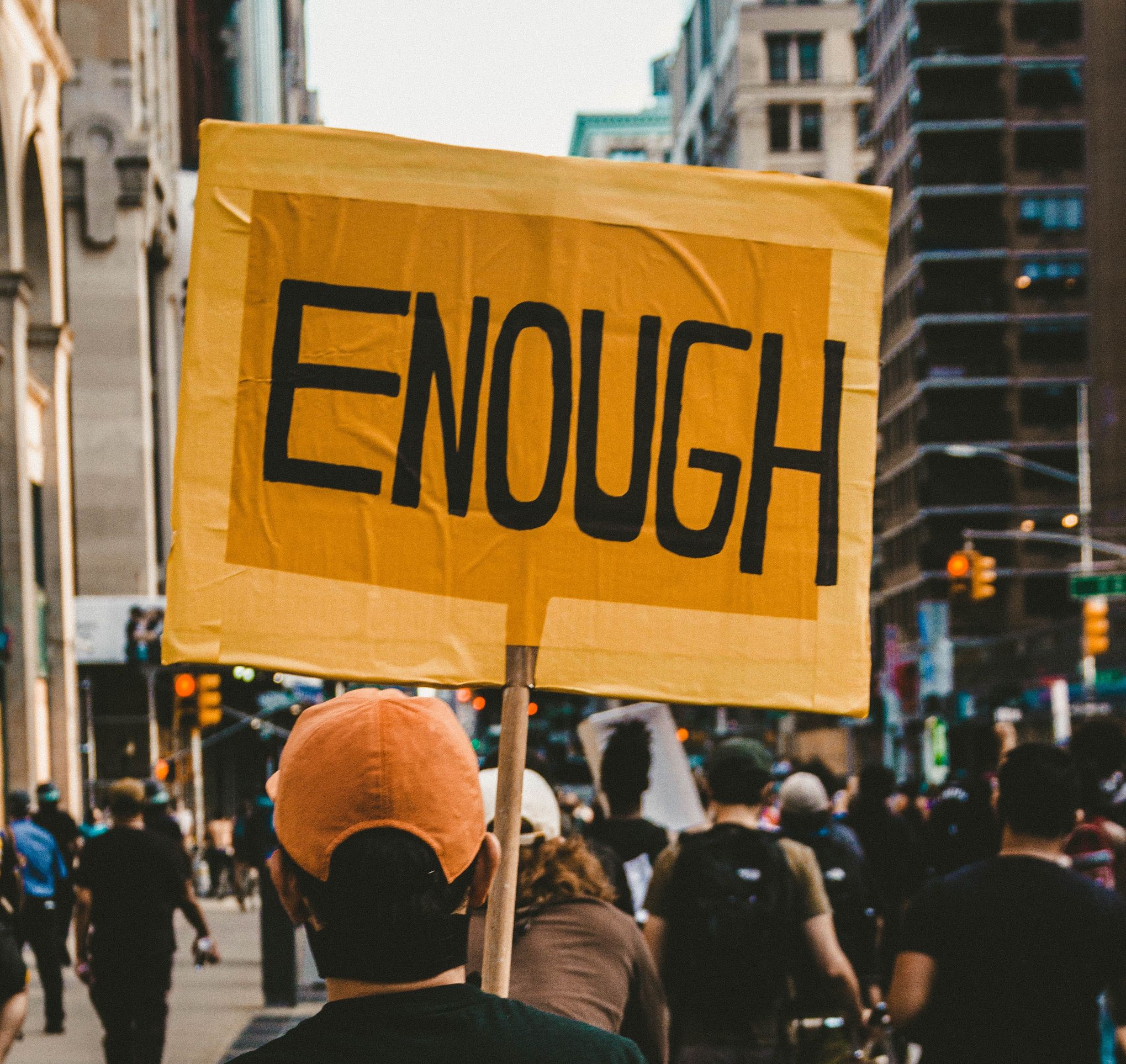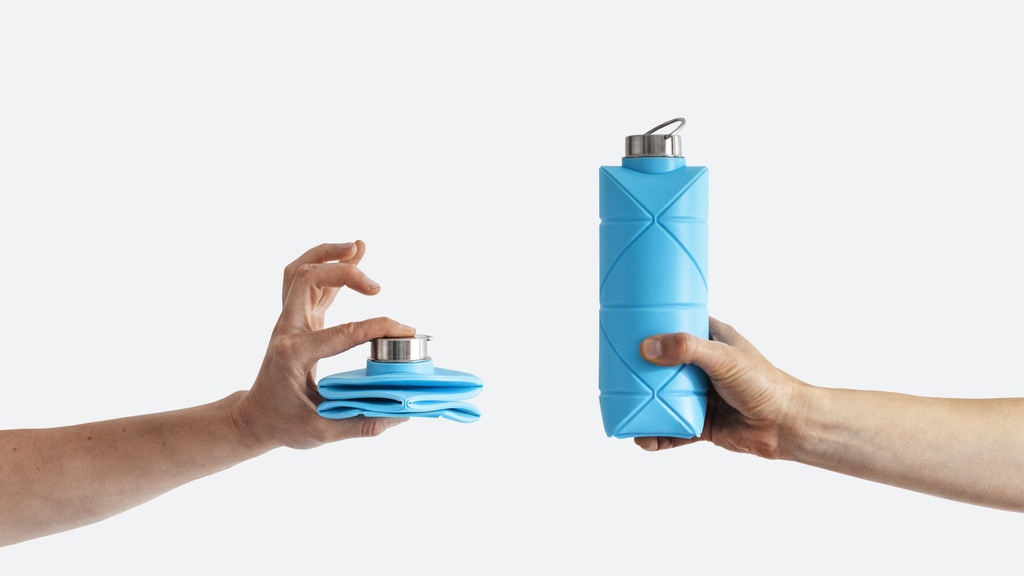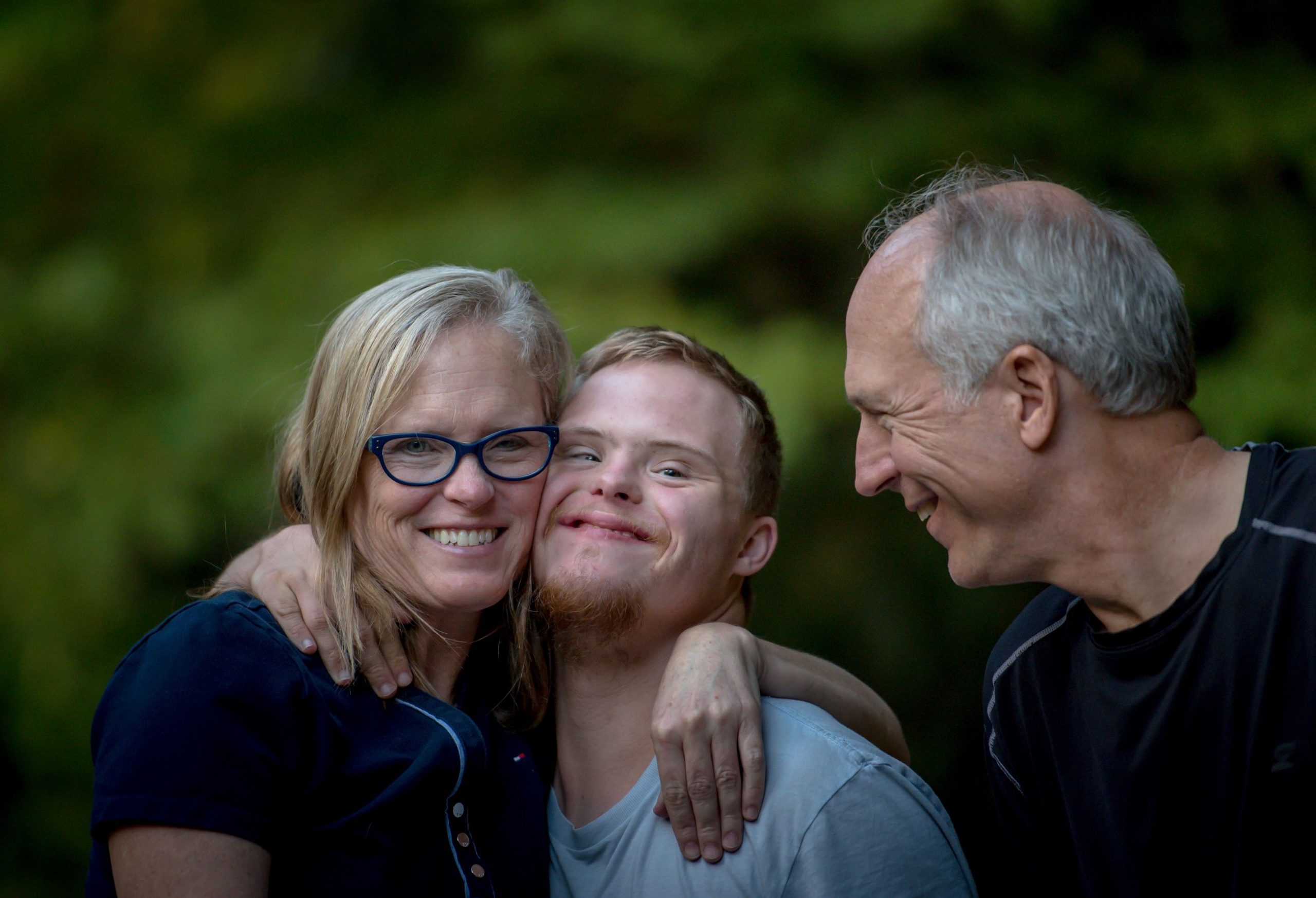In the 19th and 20th centuries, respectively, the UK and the US implemented their first labour laws. Since then, the concept of “workers’ rights” has evolved around the world to protect the health and safety of workers, prevent unfair practices in wage contracts and promote basic human rights in the workplace.
However, at small companies and major corporations alike, workers still need to fight to be heard.
Organise, a UK-based startup that calls itself a “worker-driven network,” has provided the tools to help workers campaign for better working conditions.
According to TechCrunch, the goal behind the platform is to “combine the power of collective action, traditionally harnessed by trade unions, with the reach and insight of modern digital campaigns.”
“With so many people working remotely, it’s harder to share your problems with colleagues or raise issues about work,” explained Organise CEO Nat Whalley, who founded the company in 2017 alongside CTO Bex Hay. “When people run into issues around unsafe environments or concerns about unfair pay or maternity rights, they have nowhere to turn for support. We provide a way to bring workers together and give them the tools needed to make themselves heard. Our platform empowers individuals, groups and workplaces, helping them to affect meaningful change.”
Whalley explained that people generally come across Organise in one of three ways: by looking to change something at their place of employment; by joining a campaign founded by a fellow colleague; or by joining a campaign geared to create change on a national level.
The platform, which now has 500,000 members throughout the UK, has launched successful campaigns against Amazon, McDonald’s, Ted Baker, Uber and Deliveroo. An Organise campaign has also been used to prompt a government consultation about a universal basic income scheme.
“A couple of months ago, no one in government was talking about a basic income,” a blog post stated. “But tens of thousands of us signed the petition asking the government to introduce a basic income for everyone. Then, the government opened a consultation. And together, we flooded in thousands of responses: putting the idea of a basic income firmly on the agenda.”
When users join the Organise platform, they are asked for their place of employment as well as employment status, which helps the site connect people to colleagues from the same company and amplify their voices.
“For new campaigns, we can help people build up the awareness they need to get colleagues or workers from across their industry on board,” Whalley said. “Once part of the network, users are in control of their campaigns. They decide what change they want and we provide the tools to make it happen. This might be through surveys, calls to sign petitions, or open letters to decision makers.”
According to the CEO, Organise works alongside workers’ unions, in that many of its members are also part of a union.
“They use the Organise tools to enhance their impact and increase their reach,” she explained. “For others, Organise makes it possible to bring colleagues together around a single issue where time is of the essence. The dynamic nature of the tools we provide and the speed at which campaigns can get off the ground can be exactly what employees need to drive through meaningful change.”
As the startup is driven by the workers as opposed to the companies themselves, which is the case for certain competing platforms, she stated that Organise is the only platform with an aim to empower workers’ rights at scale.
The startup raised £570,000 in seed funding in a round led by Ada Ventures, with participation from Form Ventures, RLC Ventures and Ascension Ventures via its Fair By Design Fund.
Organise is free to join, but about five percent of its users pay a subscription fee for additional features, including employment advice and a peer-to-peer forum.
“Because it’s paid for by the individuals who will ultimately benefit from it, we can scale and sustain impact at the same time.”




